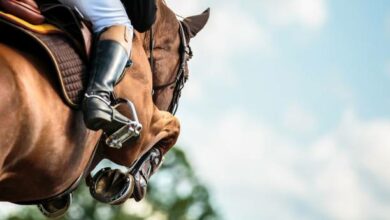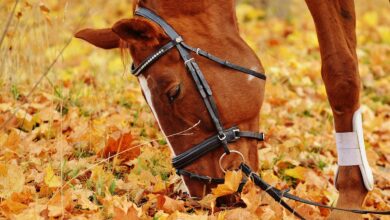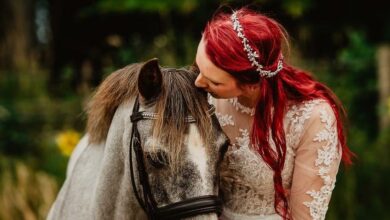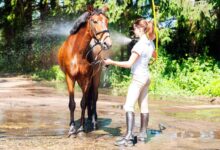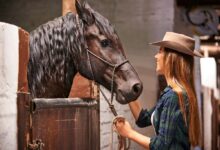Dental care is a crucial yet often overlooked aspect of a horse’s overall health and well-being. Just like humans, horses need regular dental maintenance to stay healthy, eat properly, and perform at their best. Healthy teeth not only ensure proper nutrition but also help prevent a range of health problems that can negatively affect their daily activities and athletic performance.
For a complete understanding of equine wellbeing, owners can also review the Signs of Health in Horses guide, which outlines vital indicators every rider should monitor daily.
In this article, we’ll dive into the importance of dental care for horses, signs of dental problems, and tips on maintaining strong and healthy teeth for your equine companion.
The Importance of Dental Care for Horses
- Proper Nutrition
Healthy teeth are vital for a horse to chew food properly. Proper chewing helps break down forage and grains, ensuring efficient digestion and nutrient absorption. Horses with dental problems often have difficulty grinding their food, which can lead to malnutrition, weight loss, and a dull coat. Over time, this can compromise their overall health and immunity. - Prevention of Pain and Discomfort
Dental issues can cause significant pain in horses. Overgrown teeth, sharp enamel points, or tooth infections can lead to discomfort while chewing. This often changes a horse’s behavior, making them irritable or unwilling to eat. Regular dental checkups can identify and treat these problems early, preventing unnecessary suffering. - Improved Athletic Performance
Horses that participate in sports such as dressage, racing, or show jumping rely heavily on their physical condition. Poor dental health can limit their ability to maintain strength, endurance, and focus during training or competitions. Healthy teeth, combined with proper nutrition, provide the energy and stamina required for optimal performance.
Common Dental Problems in Horses
- Sharp Enamel Points: These develop when teeth wear unevenly and can cause painful ulcers inside the mouth.
- Tooth Decay or Infection: Infected teeth can lead to abscesses, foul odor, and in severe cases, sinus problems.
- Wave Mouth or Hooks: Abnormal tooth growth patterns that interfere with proper chewing.
- Loose or Missing Teeth: Common in older horses, this condition affects chewing and can lead to weight loss.
Signs Your Horse May Need Dental Care
- Difficulty chewing or dropping partially chewed food (quidding)
- Weight loss despite a good diet
- Head tossing or resistance to the bit during riding
- Bad breath or nasal discharge
- Visible swelling along the jaw or face
If you observe any of these signs, schedule a dental checkup immediately.
How to Care for Your Horse’s Teeth
- Regular Dental Checkups
Horses should have their teeth examined by an equine dentist or veterinarian at least once a year. Younger horses, seniors, or performance horses may need more frequent evaluations to address any developing issues promptly. - Floating the Teeth
Floating is a common procedure in which sharp points or uneven surfaces on the teeth are filed down to ensure a smooth chewing surface. This helps prevent discomfort and promotes proper digestion. - Monitoring Diet
A balanced diet rich in forage supports natural tooth wear and provides the necessary nutrients for dental and overall health. Avoid overfeeding processed grains that can accelerate dental wear or contribute to decay. - Observation and Maintenance
Regularly check your horse’s eating habits, weight, and behavior. Early detection of changes can help prevent minor issues from becoming serious dental problems.
According to the American Association of Equine Practitioners, regular dental checkups are essential to prevent pain, improve nutrition, and maintain long-term performance.



